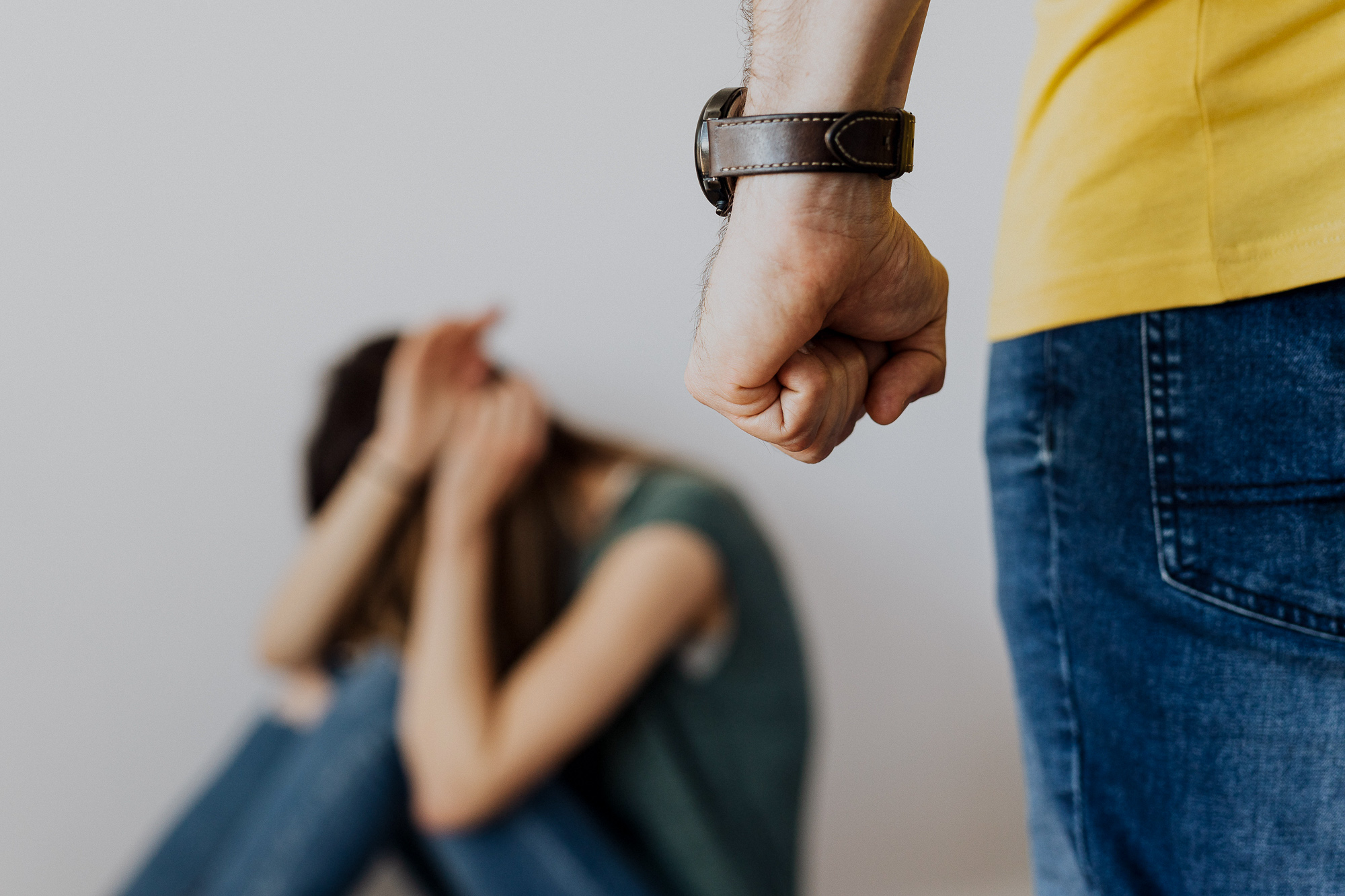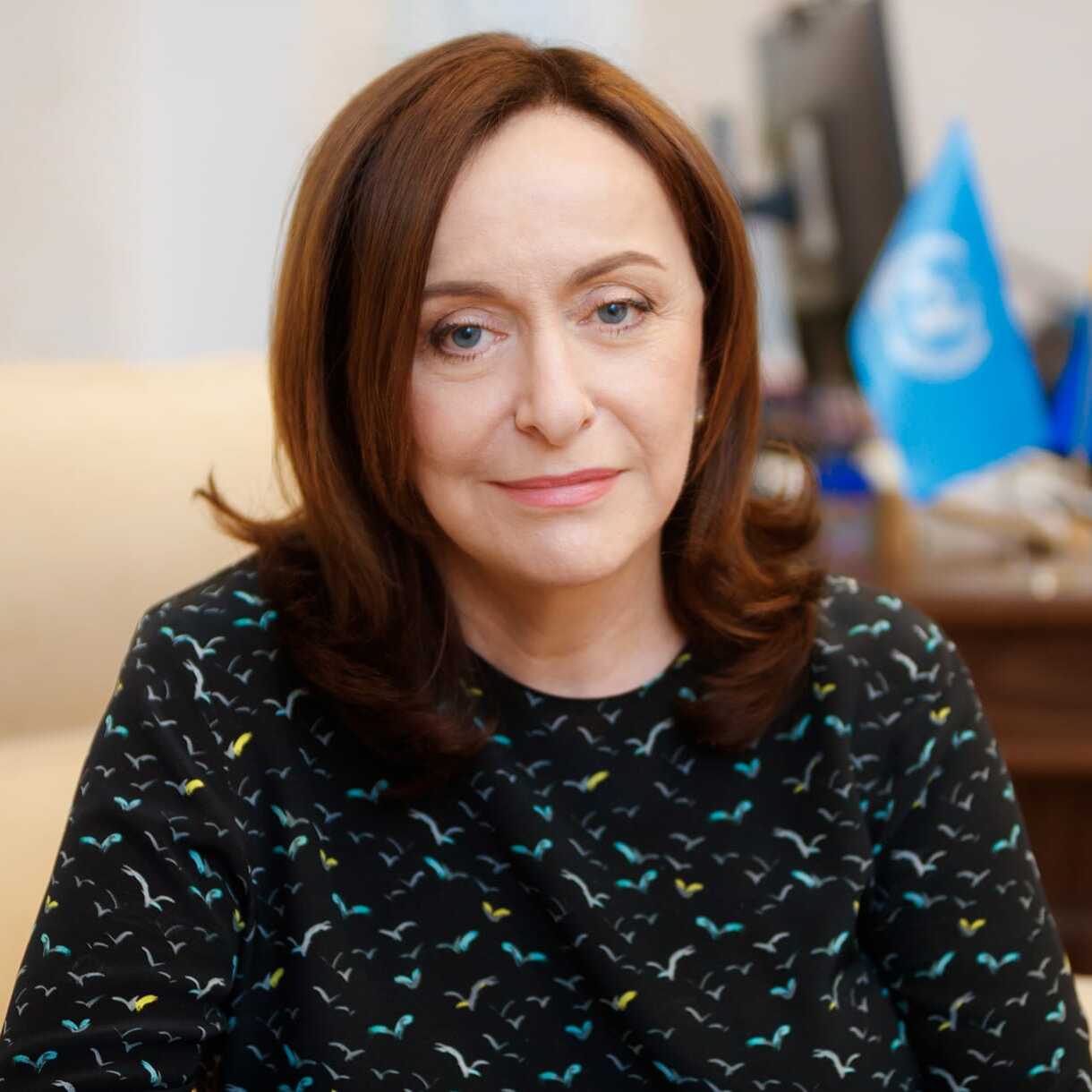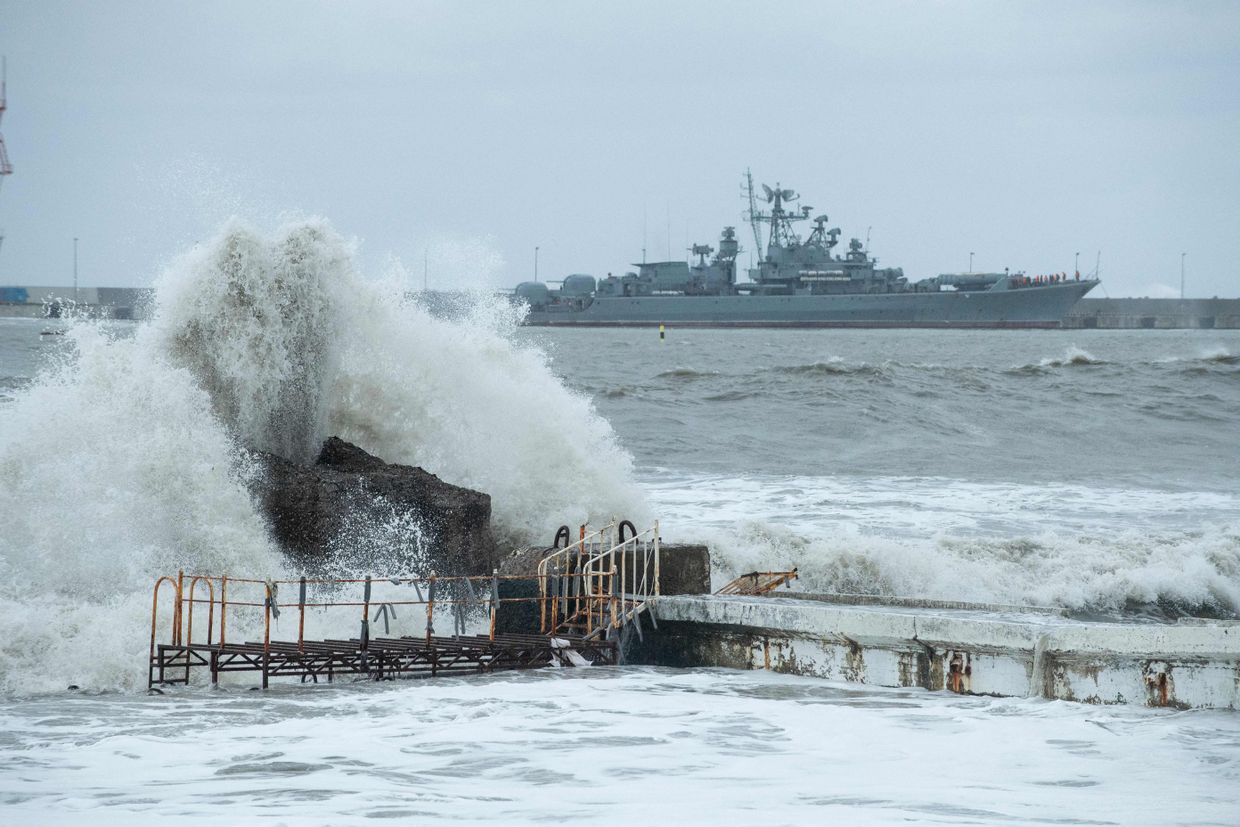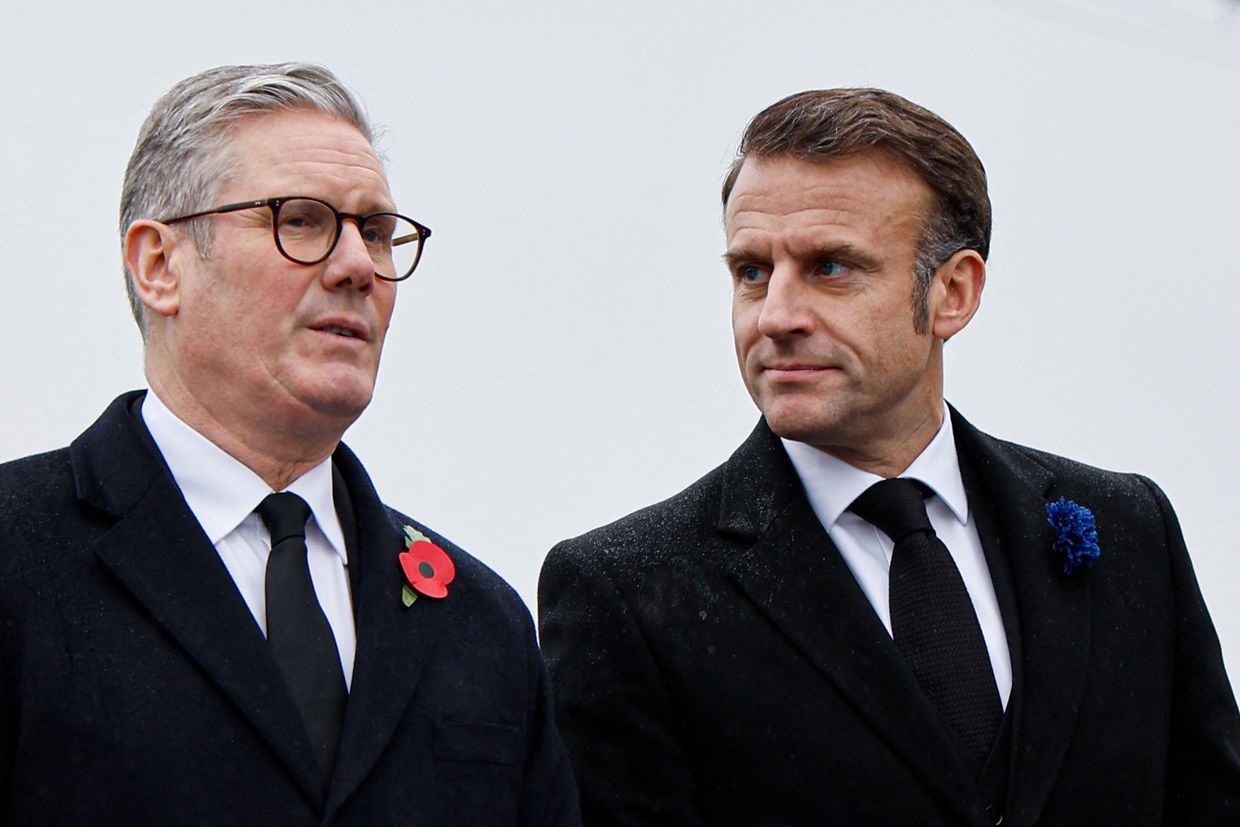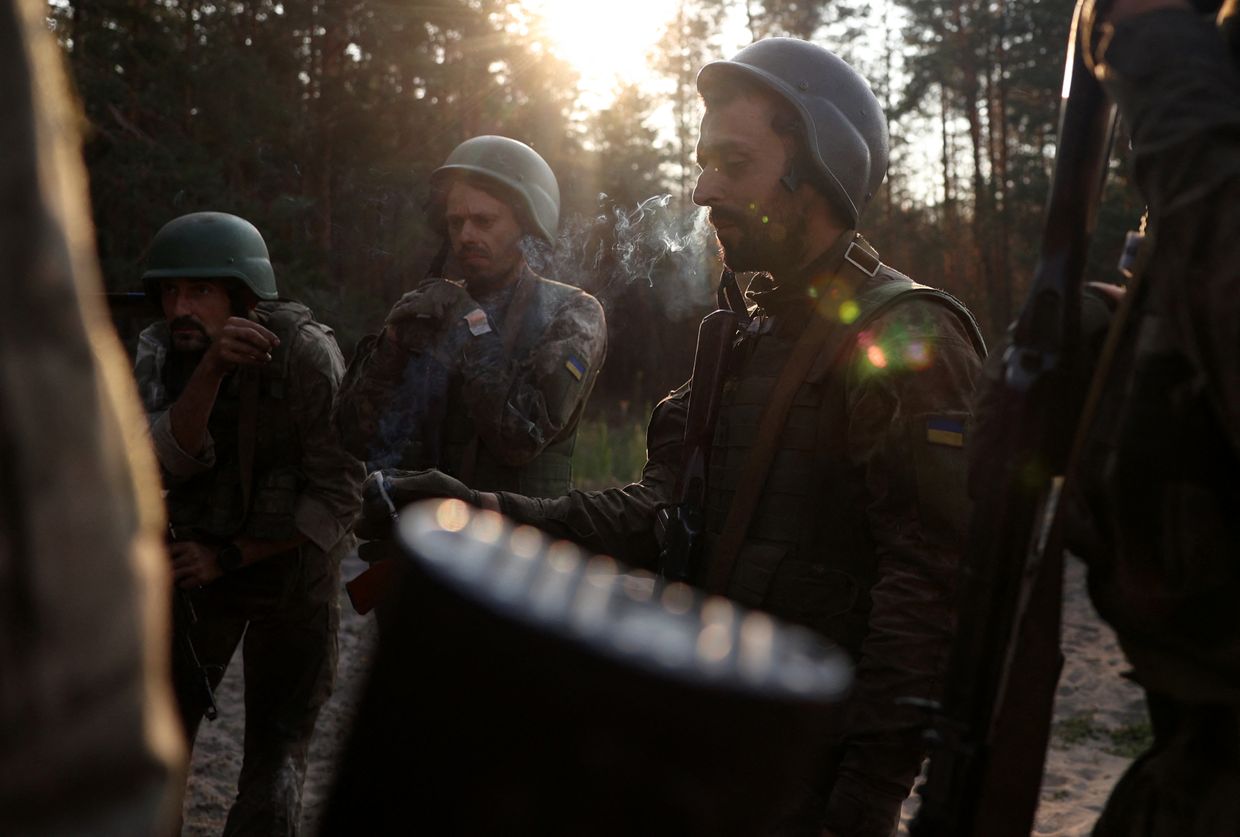Their pained voices are often not heard, muffled by the walls of houses, the noise of TV, and the neighboring fence. Hundreds of thousands of people in Ukraine face domestic violence every year. And we need to hear them.
In 2018, there were 115,000 reported cases of domestic violence recorded by the National Police. This number increased by almost a quarter in 2019, and by 50% in 2020. With only 10% of victims reporting these acts of violence perpetrated against them to the police, and overall numbers of reported cases going up, the issue appears to be growing.
Sexual conflict-related violence remains a significant risk for women, children, and adolescents, especially in the conflict-affected areas in eastern Ukraine. According to a 2019 OSCE survey, 67% of Ukrainian women have experienced psychological, physical or sexual violence since the age of 15. During the coronavirus outbreak, these numbers have increased with women confined at home, often with their abusers due to quarantine measures.
Gender-based violence is an issue that, as a society, we find very difficult to discuss, and therefore, sadly, too often we remain silent. It comes in several forms, physical, economic, and psychological. Women make up the vast majority of victims.
Pavlo Khud, a priest from Lviv, a regional capital in western Ukraine, shared with us a story of a woman who approached him at a Sunday Worship Service, to confess that she was afraid to return home. She said that her husband would beat her regularly. After hearing her story, the priest encouraged her to report the crime, seek protection and help from law enforcement.
“As a priest, I couldn't tell her just to pray to stop this. I always suggest taking concrete actions in such cases. God certainly helps all of us when we pray, but He also does it through the hands of other people, and you should ask for help to let that happen,” he said.
Unfortunately, for unknown reasons, the woman refused to talk to the police. She might have been afraid of public condemnation or did not strongly believe that she would be helped. We should not let cases like hers, which are too widespread in Ukraine, go unnoticed and without a response.
How is the UN supporting victims?
For the UN in Ukraine combating gender-based violence is a priority. Together with the government of Ukraine we continuously work on effective implementation of state policies and creating a protection system against gender-based violence at the community level.
The response consists of multiple steps and takes time. In 2020, United Nations Population Fund (UNFPA) launched the Cities Free from domestic violence project, which established a system for gender violence support and prevention in 30 cities and communities throughout Ukraine (e.g. Vinnytsia, Dnipro, Kyiv, Kostiantynivka, Kramatorsk, Kremenchuk, Lviv, Melitopol, Mykolaiv, Odesa, Pokrovsk, Poltava, Sievierodonetsk, Kharkiv, Kherson).
Coordination centers have been established in each city that unite all parties involved in combating gender-based violence. Each has a Coordinating Council that analyzes the community’s support system for victims and makes decisions on what measures need to be taken to address gender-based violence. Measures may include construction of crisis rooms or day centers, building shelters for victims of violence, creating mobile social assistance teams, providing training to specialists and specialized services providers, and conducting information campaigns on GBV. The UNFPA project injects initial funds, expertise and means to get these services up and running, and then transfers them to local ownership.
Shelters and crisis rooms operate completely anonymously and information about them is kept from the public to protect victims from further threats to their physical and mental wellbeing as well as from societal stigmatization. Access to shelters and crisis rooms is only possible after a victim has appealed for help to the police or social services, and when it is decided that it would be best to place them in a shelter. Day centers can be contacted directly for psychological and legal advice, assistance, and to develop an individual security plan.
Last year, the specialized help for victims was available only for one-fourth of the country, or about 10 million people. In 2021, with 15 more cities joining the project (five funded by the United Kingdom and 10 by Canada) coverage is expanding, with half of the country now working on the development of gender-based violence response systems at the local level.
The United Nations in Ukraine has developed a Policy Paper with an overview of the issue and detailed recommendations for eliminating gender-based violence in Ukraine.
Cooperation with authorities
Progress cannot be achieved without a strong partnership with and support of the Ukrainian government, which the UN lauds and appreciates.
In 2020, President of Ukraine Volodymyr Zelensky signed a decree, which was developed with the support of UNFPA experts, that calls for immediate measures to ensure the violence victim's protection and violence prevention. In particular, the decree launches the state social program to prevent and combat domestic and gender-based violence until 2025 via a number of concrete steps.
This year, the state has allocated more than Hr 270 million ($10 million) in grant-in-aid to local communities to provide specialized support services for victims of domestic and gender-based violence. For instance, the grant-in-aid will be used to purchase cars for mobile brigades based at shelters. Statistics show that more than 60% of victims have addressed these mobile brigades when asking for help for the first time.
This support is a striking demonstration of the government’s commitment to tackle serious domestic and gender-based violence, giving thousands of Ukrainians an opportunity to start a safe life.
How can you help?
It is crucial to understand that the problem of gender-based violence is not an issue that affects victims alone. It is a problem of the whole society, where everyone has a clearly defined role. Thus, each one of us holds our own key to the solution.
If you are based in a community where there is no program that responds to gender-based violence - you can establish such services by yourself, learning from the experience of other communities that have it in place as well as by getting in touch with the UNFPA for consultation and support.
If you are facing violence yourself, do not be afraid to turn to specialized services for help for calling (all services are anonymous and free of charge):
- 102 to reach the police in an emergency
- 1547 for the hotline for victims of domestic violence
- 116 123 for mobile or 0 800 500 335 (from stationary telephone) to access psychological, judicial, and informational support
- 044 254 75 88 - Department of Human Rights of the National Police of Ukraine
- Ministry of Internal Affairs' anti-domestic violence chatbot (in Telegram): @police_helpbot
- 0 800 213 103 - free legal aid system - or e-mail [email protected]
If you know or suspect that your relatives, friends or anyone else is being subjected to domestic or gender-based violence, let them know about the above-mentioned phone numbers. Having more information can help a person make a conscious choice and become more empowered to fight for their rights.
If you survived domestic or gender-based violence and need more support on your economic independence, to start or facilitate your career, seek for new skills, please, check Career Hub.
While it is important to help people who have suffered from violence, we all need to work together on prevention too. This can be done if we collectively engage in activities and initiatives that seek to sensitize and inform Ukrainian society on the need for gender equality, in combating domestic violence, eliminating discrimination against women, and by encouraging civic action and public engagement. We also need to instill an attitude of zero tolerance for violence among the youth.
In any successful, prosperous country, citizens can live to their full potential in an environment of mutual respect, free of any form of violence, including gender-based violence. Whilst Ukraine is on the right path towards addressing this issue, more remains to be done. Through a strong partnership that includes central and local authorities, civil society, the UN, and other development partners, we can collectively build a safer world, free of violence.



